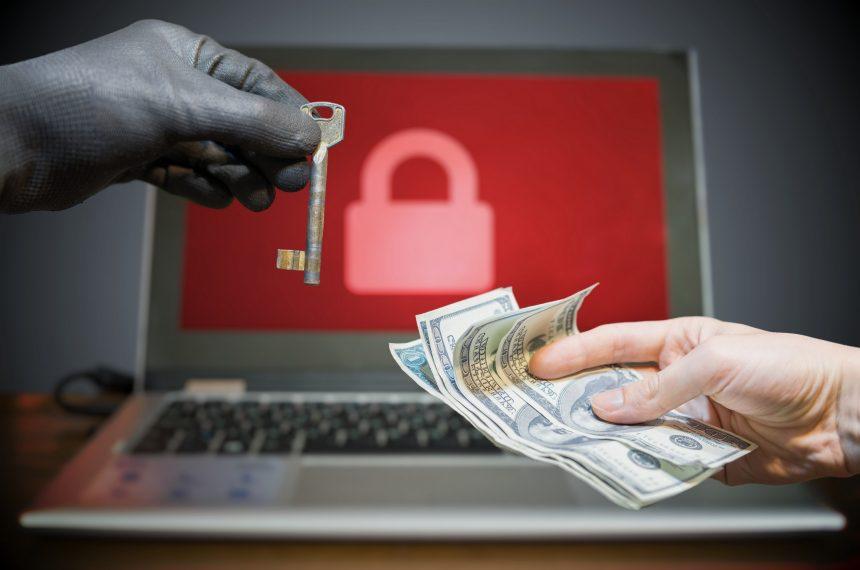KITU Ransomware Joins the STOP/Djvu Ransomware Family
KITU Ransomware has been detected as yet another variant of STOP/Djvu Ransomware. Like other associated strains of the prominent malware threat, this ransomware locks files and then demands a ransom fee to restore file access. Infections like KITU Ransomware can be distributed via software bundles, so if you tend to download freeware or pirated apps from torrent or cracked software sites, you may end up installing such threats.
KITU Ransomware locks most of the popular file types, including photos, music, documents, and videos. During the file encryption process, KITU Ransomware adds the .KITU extension to the affected files and leaves a ransom note on the user’s desktop and in every folder that contains encrypted files.
Once downloaded and installed, KITU Ransomware employs the AES encryption algorithm to lock up target files. Quite often, information stealers like CoreBot and RedLine are deployed alongside ransomware, and this allows hackers to access sensitive user information before encrypting the files. Therefore, it is possible for KITU Ransomware to use similar tools as well.
After the file encryption, the ransomware demands a ransom in order for victims to obtain a decryption key. The decryption key costs $980, but the ransomware’s operators will offer a 50% discount, and only charge $490, if the victim contacts them within the first 72 hours after infection.
The hackers can be contacted at support@freshmail.top and datarestorehelp@airmail.cc. However, we discourage establishing contact with them, as there is no guarantee that the hackers will provide decryption tools after payment or even communicate with you.
It is important to note that KITU Ransomware does not just encrypt data. Infections from the STOP/Djvu Ransomware family may also attempt to delete all shadow copies of the affected files stored on victims’ computers. This can make the document and data recovery extremely difficult, if not impossible. It is highly recommended that you do not attempt to pay a ransom for the decryption key as this does not guarantee restored access to the encrypted files. The best course of action is focusing on methods that could help you restore your data and protect your system from similar threats.
How Do I Deal with the KITU Ransomware Infection?
To protect yourself from the KITU Ransomware attack, you should practice safe web browsing habits like refraining from opening email attachments from unknown senders and downloading programs from unreliable sources. You should also have a reputable malware remediation tool installed on your computer. That way, you can regularly scan for elements associated with this troublesome ransomware infection and other malware. Also, to reduce the potential damage of a future ransomware infection, please consider backing up your files on an external hard drive or cloud storage.
If you are still having trouble, consider contacting remote technical support options.





